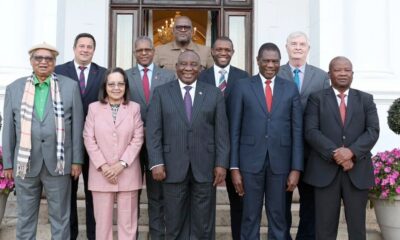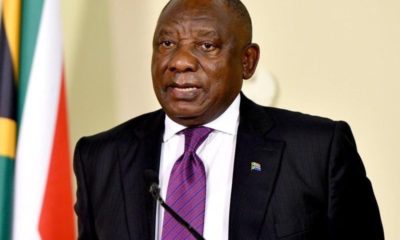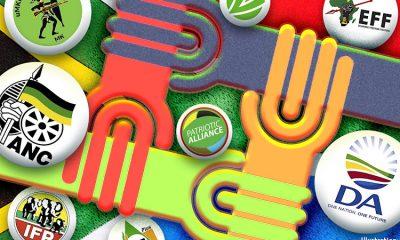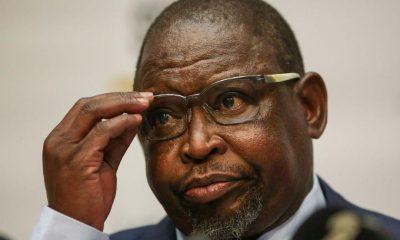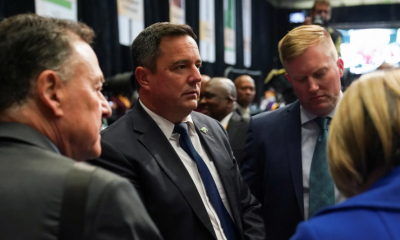News
Why No Party Will Walk Away from South Africa’s GNU. It’s Bigger Than Politics
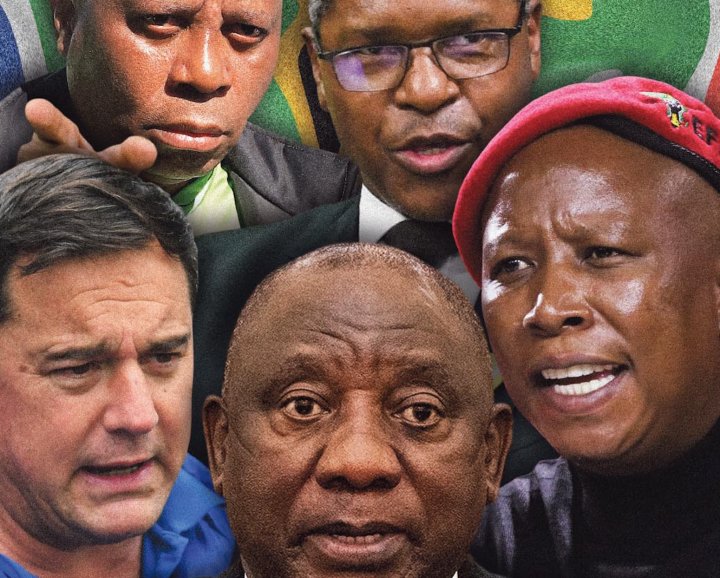
Analysts say the real glue holding the GNU together is money, not unity
South Africa’s Government of National Unity (GNU) may look fragile from the outside, but according to political analysts, it’s far from collapse. In fact, experts believe the main parties, ANC, DA and others, simply can’t afford to walk away, regardless of the rising tensions. Why? Because big business is watching, and behind-the-scenes funders have far more influence than the public may realise.
Behind the GNU Curtain: Market Power, Not Just Political Will
“The GNU wasn’t born in a smoke-filled political backroom,” says political analyst Ntsikelelo Breakfast. “It was suggested by big business and the people who bankroll these parties. Those financial backers aren’t offering charity, they want influence.”
In plain terms, Breakfast argues, the economic elite had a hand in shaping the coalition, and they’re still holding the reins. This means no party can easily pull out of the GNU without facing financial consequences, especially when South African politics remain so cash-dependent.
DA and ANC: Political Frenemies Under Pressure
The public spats between the Democratic Alliance (DA) and the African National Congress (ANC), from clashes over budget votes to power-sharing disagreements, have caused ripples across Parliament. But according to Breakfast, these are just surface-level squabbles.
“There was a time the DA appeared ready to bolt,” he says. “Then suddenly they were cooperative again. That wasn’t just a change of heart, someone made a phone call. Someone with money.”
Not a Political Project, A Business Strategy
Goodenough Mashego, another respected analyst, puts it more bluntly:
“The GNU is not a political project. It’s a business project.”
He says the decision to bring the DA closer to the ANC wasn’t about national unity, it was about economic reassurance for foreign investors and funders. In this logic, the GNU functions less like a government and more like a corporate boardroom, balancing the expectations of those who finance the country’s political machinery.
Business First: How Big Corporates Are Pulling the Strings
Sandile Swana, a longtime critic of party-political theatre, agrees that corporate South Africa is the real architect of the GNU. But he challenges the DA’s claim that the country’s economy would collapse if it walked away.
“What’s hurting the economy is a lack of proper infrastructure investment,” Swana says. “Back in the Mbeki years, we saw 5% GDP growth. Under the GNU? Just 0.1% this year, and 0.6% last year.”
So if anyone thinks the GNU’s mere existence is fixing the economy, they’re buying into a myth. What is true, however, is that big business wants political stability, even if it’s messy.
The Unspoken Threat: Leave the GNU, Lose Your Backers
Mashego offers a chilling final note:
“Any party that exits the GNU risks political extinction. Their funders will walk and without money, no party survives.”
This sentiment echoes a broader reality in modern South African politics: the game is no longer just about voters, it’s about investors.
What This Means for South Africans
For ordinary citizens, the idea that market forces may override voter mandates can be frustrating. But analysts say this reality is not new and isn’t unique to South Africa.
Still, voter engagement matters, especially as the 2026 local government elections approach. While the GNU may remain locked in place by economics, public pressure and electoral shifts can still influence what happens inside it.
{Source: The Citizen}
Follow Joburg ETC on Facebook, Twitter , TikTok and Instagram
For more News in Johannesburg, visit joburgetc.com

